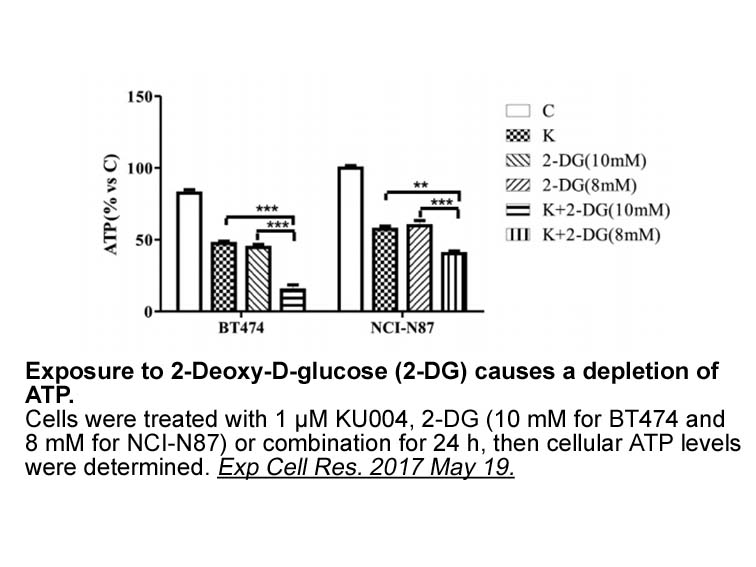Archives
Recent developments support the model of CFS
Recent developments support the model of CFS as a multisystem illness with symptoms that are due to gastrointestinal and neurotoxic features, on a background of immunological dysfunction. Importantly, discoveries in recent years reinforce the idea that CFS is associated with imbalances in intestinal microbiota (dysbiosis) [3]. Sheedy and colleagues have reported higher levels of gram-positive bacteria, particularly Enterococcus and Streptococcus spp., in CFS patients compared to controls, in whom the levels were 5.0×106 and 8.9×104 cfu/L respectively [4]. Streptococcus spp. are gram-positive, facultative anaerobic organisms and are classified as homofermenative, producing predominantly lactic acid from glucose catabolism and generally regarded as potent D- and L-lactic acid producers [4]. Increased proportions of lactic acid in the intestine may result in a change in the distribution of both the facultative anaerobic and anaerobic microbiome (the collective genomes of the microorganisms in the gut), thus giving rise to a vicious cycle. Increased distribution of lactic acid bacteria (Streptococcus, Enterococcus sp.) may lower the colonic pH [5], modify faecal microbiota metabolism, and alter intestinal epithelial barrier function, increasing passive intestinal permeability [6]. Accumulation of D-lactate in the intestine can also push dna stain into the blood. Circulating D-lactate can cross the blood-brain barrier, resulting in neurological symptoms, including delirium, ataxia and slurred speech. This has been termed the D-lactate hypothesis [7]. D-lactic acid accumulation is typically found in patients with short bowel syndrome, and has been linked to cognitive and mood changes in animals [8,9] and humans [4].
We have previously proposed a link between intestinal colonization of gram-positive bacteria and expression of CFS symptoms in a subgroup of patients [10]. Recent evidence supports a decade-old contention that intestinal dysbiosis can profoundly affect multiple aspects of sleep, mood and cognitive function [11]. The gastrointestinal system is an important organ for the equilibrium of health, and has been found to have a bidirectional relationship with the central nervous system (CNS) [12]; referred to as the “gut-brain axis”. Intestinal bacteria can communicate with the CNS through vagal sensory nerve fibres and the peripheral immune system. In patients with functional bowel disease (e.g. some CFS), increased colonization of faecal gram-positive bacteria is associated with neurologic dysfunctions (inability to concentrate, excessive irritability, confusion, impaired motor coordination [13]). Further research into the bidirectional relationship between intestinal dysbiosis and symptom expression including sleep problems [1] in patients with CFS is needed.
If altered intestinal microbiota contributes to the pathogenesis of CFS, then therapeutics that rebalance or modify intestinal microbiota may have the potential to reduce symptoms [14]. Only two studies to date have examined the effect of probiotic treatment on mood symptoms in individuals with CFS [15,16]. In an uncontrolled study by Sullivan and colleagues, 15 CFS patients completed four weeks of probiotic therapy (Lactobacillus acidophilus and Bifidobacterium lactis). While no change in intestinal microbiota was observed, six of 15 patients reported improvements in fatigue and mood following treatment, with an overall i mprovement in neurocognitive function. These findings were partially replicated by Rao and colleagues [15], who reported significant decreases in anxiety symptoms in 39 CFS patients after ingesting Lactobacillus casei strain Shirtota for two months compared to placebo.
While these studies lend support to the notion that alterations in gut microbiota can change subjective symptom expression, as outlined above, it is likely that many CFS patients experience intestinal dysbiosis, warranting the use of antibiotic treatment to the return of a balanced microbial ecology. Only one pilot study has reported on symptoms in four CFS patients after three months of antibiotic treatment for Coxiella burnetti infection [17]. After treatment, patients were reported to be negative for infection, but their CFS symptoms remained unchanged. There has been no systematic study to explore real world improvements in sleep quality and daytime symptoms, following antibiotic treatment for intestinal dysbiosis in people who suffer CFS, and this area requires further research.
mprovement in neurocognitive function. These findings were partially replicated by Rao and colleagues [15], who reported significant decreases in anxiety symptoms in 39 CFS patients after ingesting Lactobacillus casei strain Shirtota for two months compared to placebo.
While these studies lend support to the notion that alterations in gut microbiota can change subjective symptom expression, as outlined above, it is likely that many CFS patients experience intestinal dysbiosis, warranting the use of antibiotic treatment to the return of a balanced microbial ecology. Only one pilot study has reported on symptoms in four CFS patients after three months of antibiotic treatment for Coxiella burnetti infection [17]. After treatment, patients were reported to be negative for infection, but their CFS symptoms remained unchanged. There has been no systematic study to explore real world improvements in sleep quality and daytime symptoms, following antibiotic treatment for intestinal dysbiosis in people who suffer CFS, and this area requires further research.